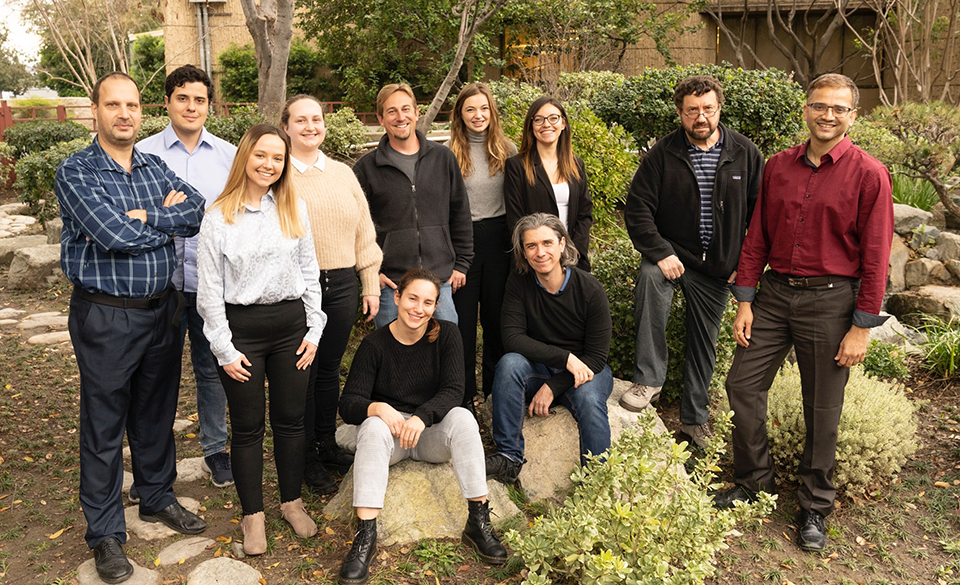Alexandra Levy
Graduate student
Alexandra Levy is a graduate student intern, pursuing her M.S. in Human Genetics and Genomic Data Analytics from Keck Graduate Institute in Claremont, California. Her interests center around glioblastoma research, specifically the immune response to angiogenesis in glioblastoma models, and polyclonal tumor evolution. She is currently working on her capstone project alongside Dr. Russell Rockne (Mathematical Oncology, Beckman Research Institute), Dr. Sergio Branciamore (Computational and Quantitative Medicine, Beckman Research Institute), and Dr. Floris Barthel (TGen, Computational and Quantitative Medicine, Beckman Research Institute).

